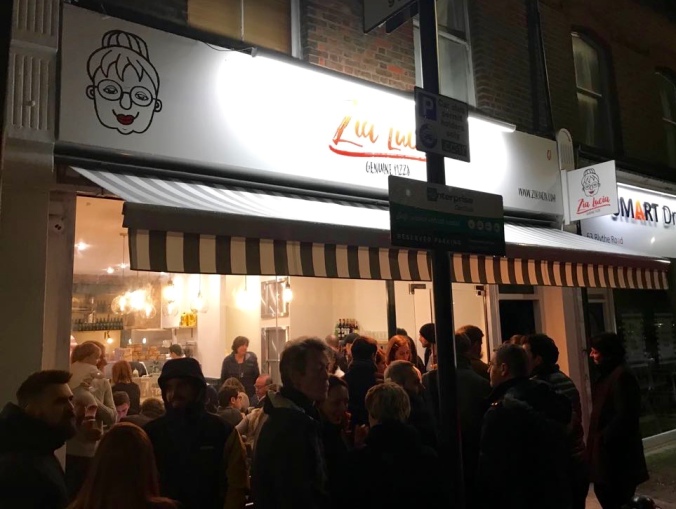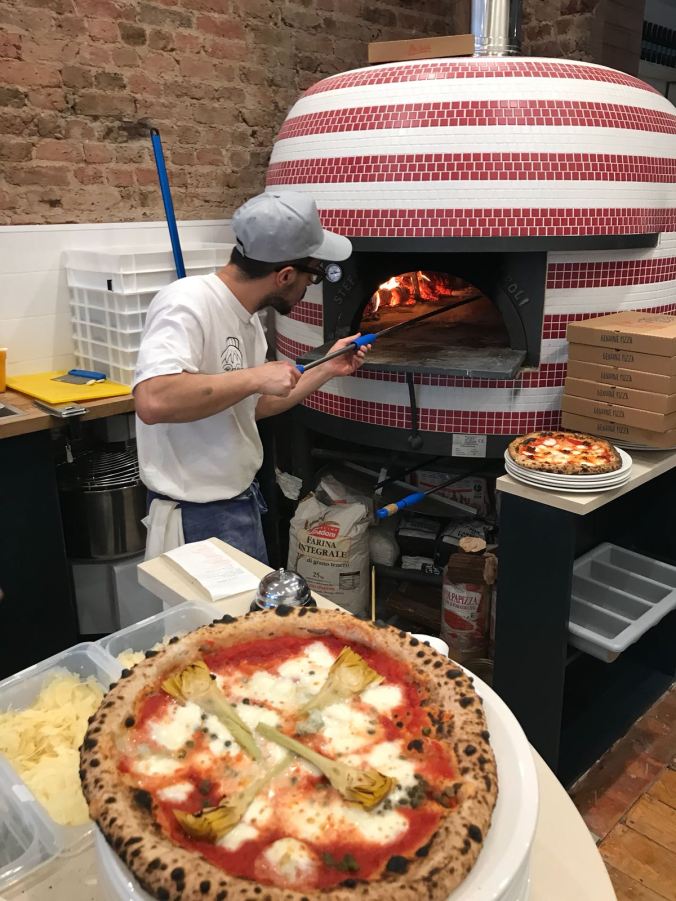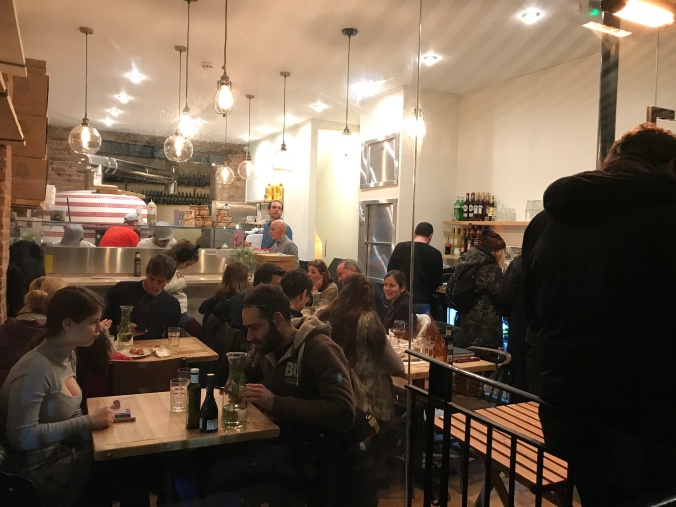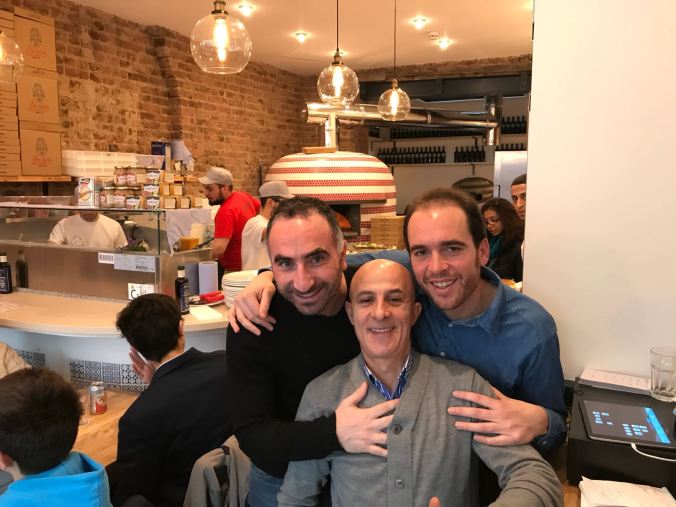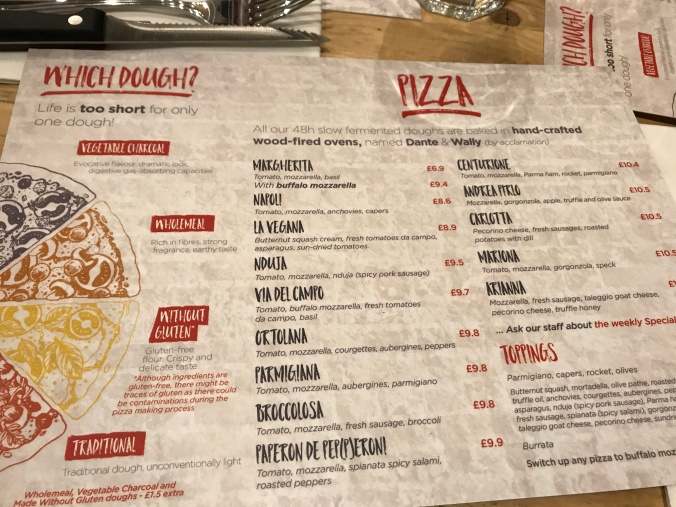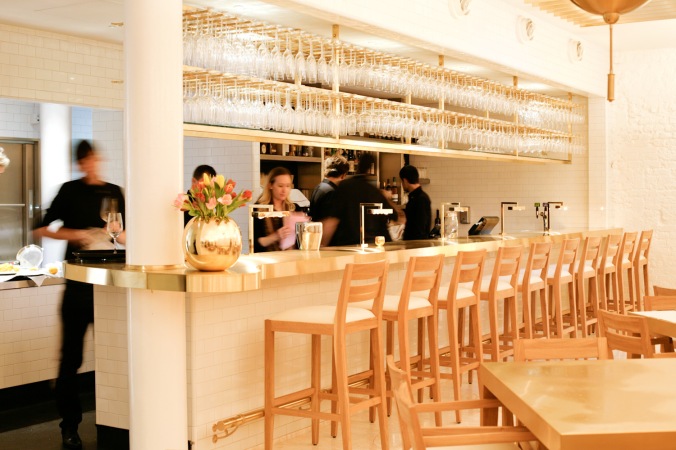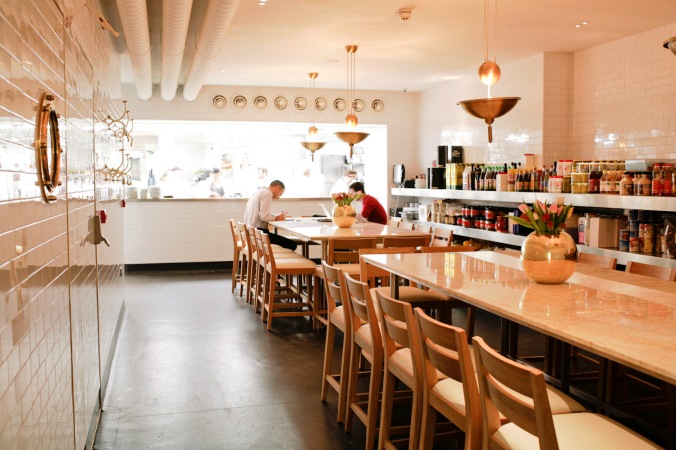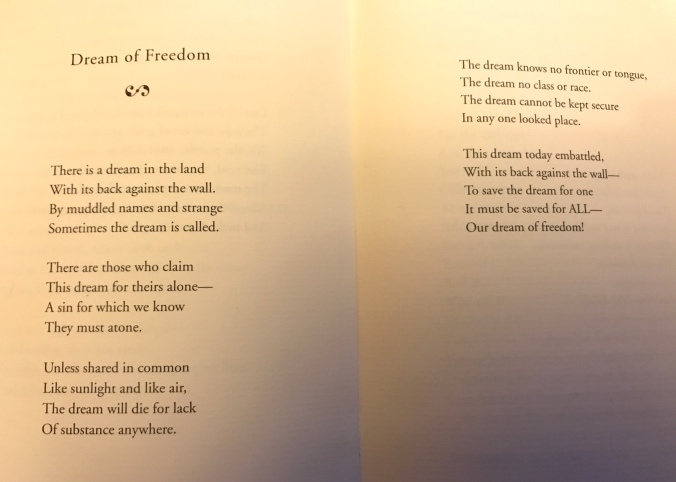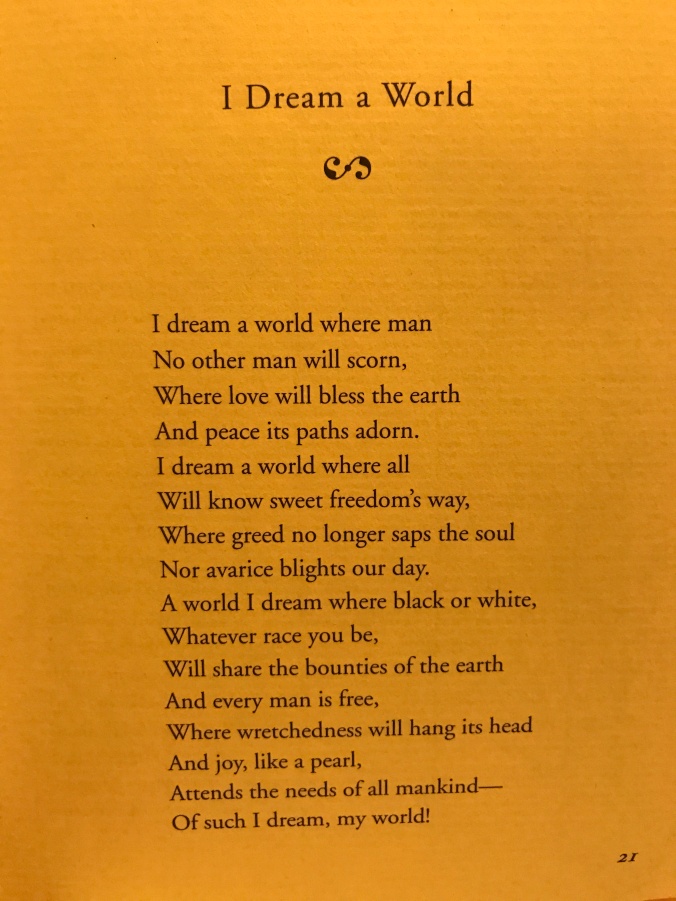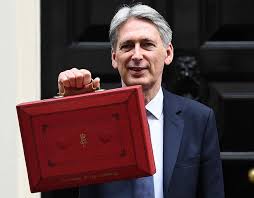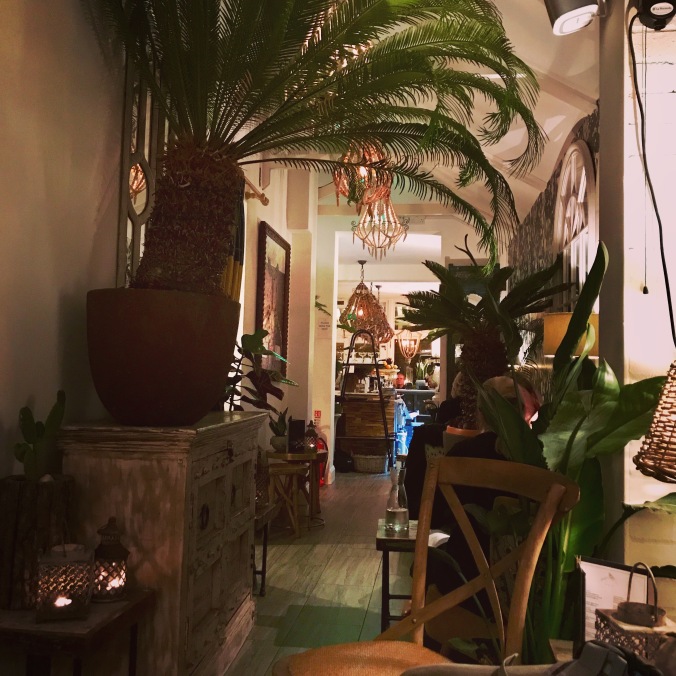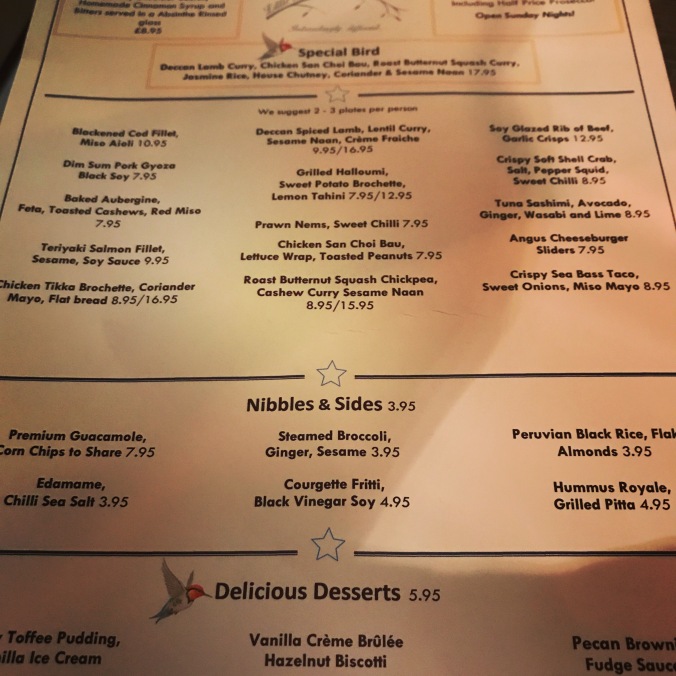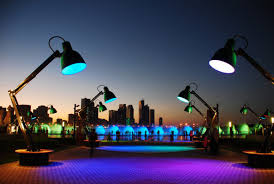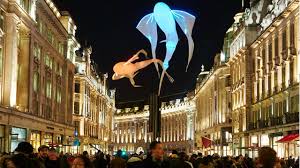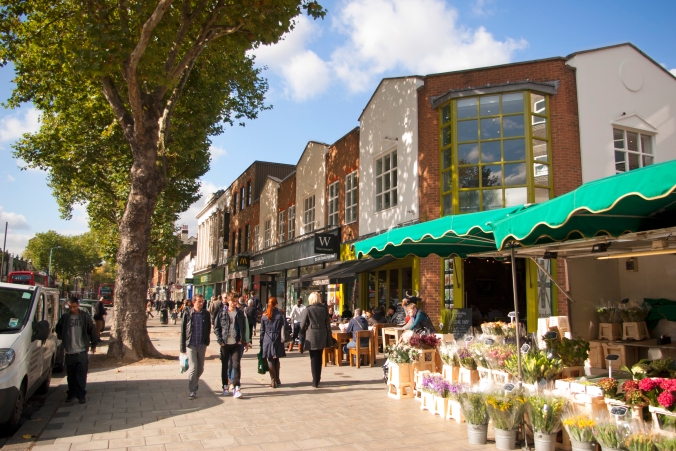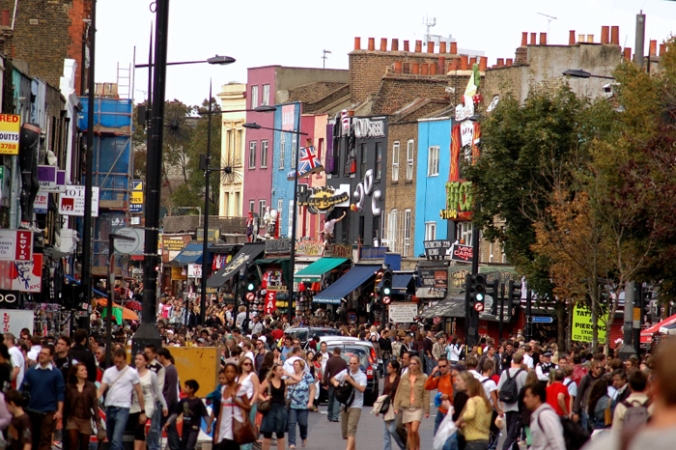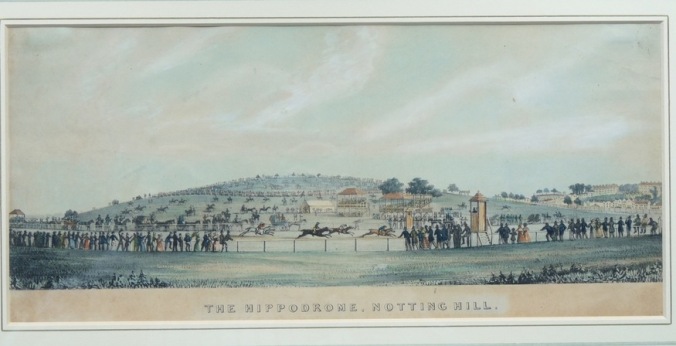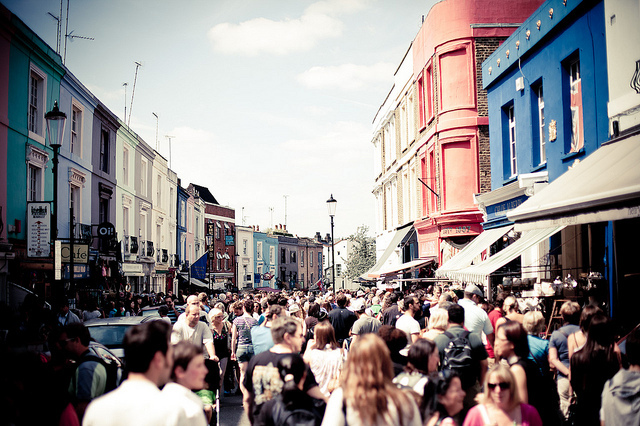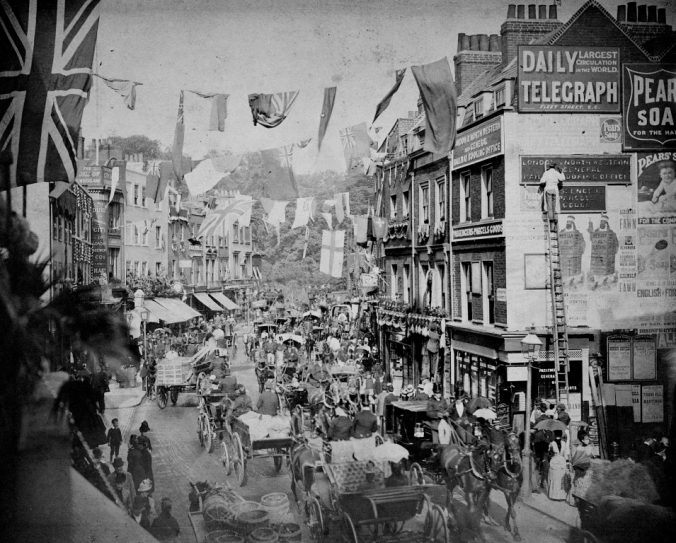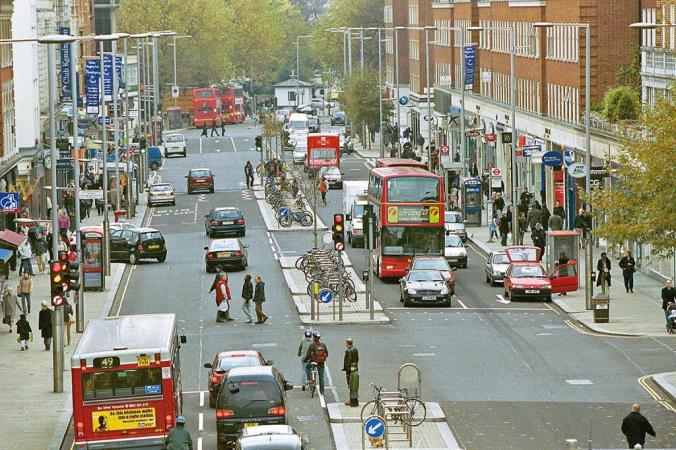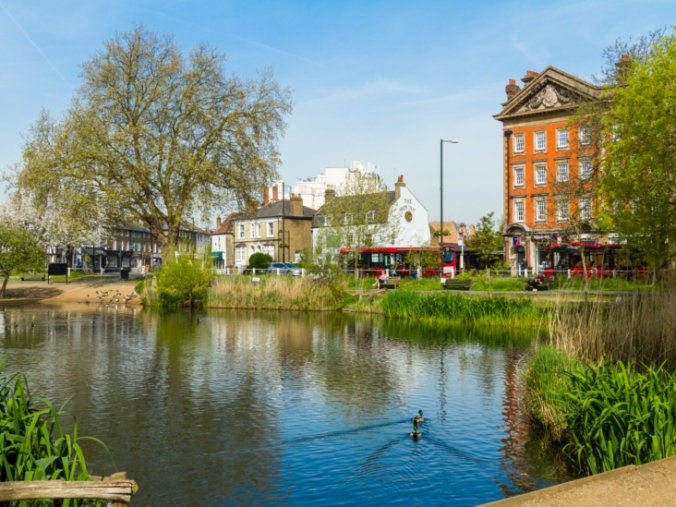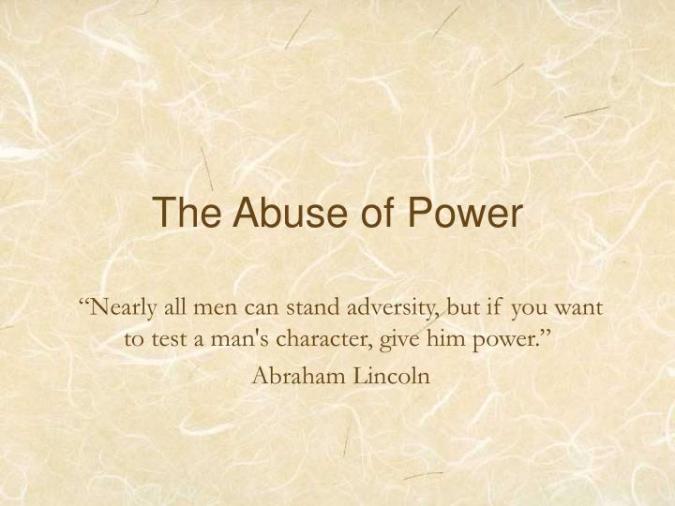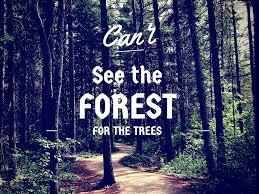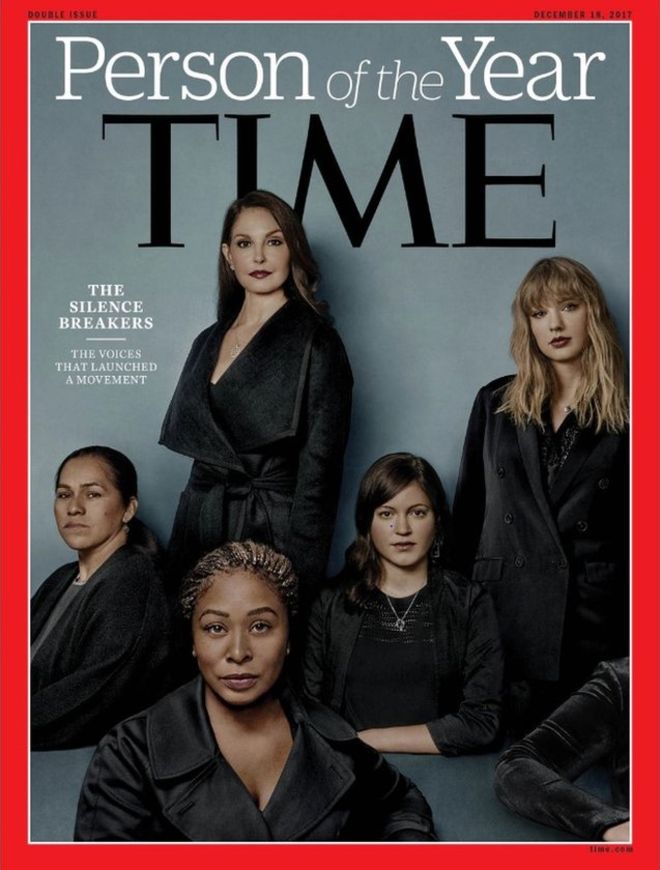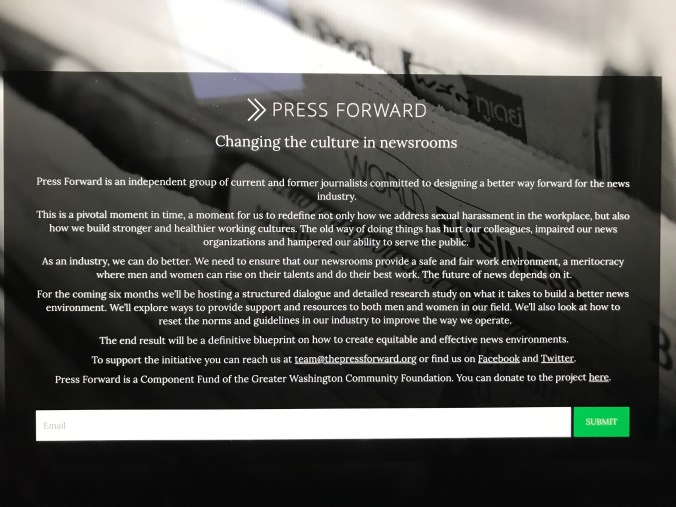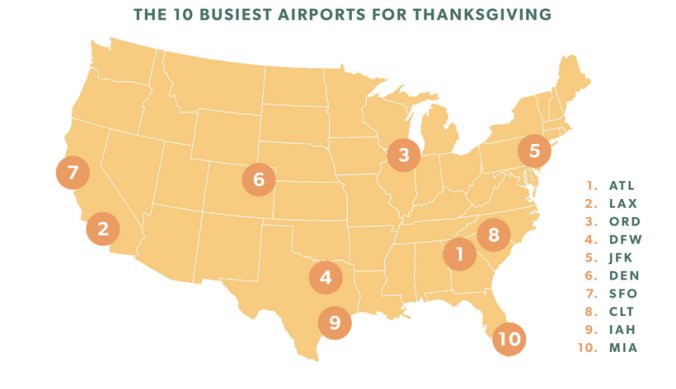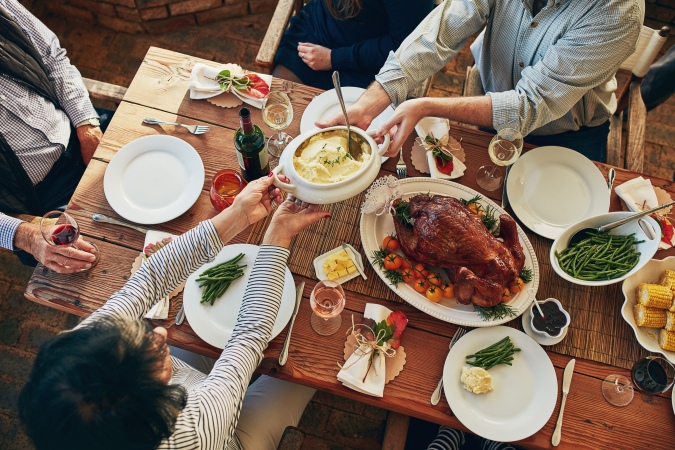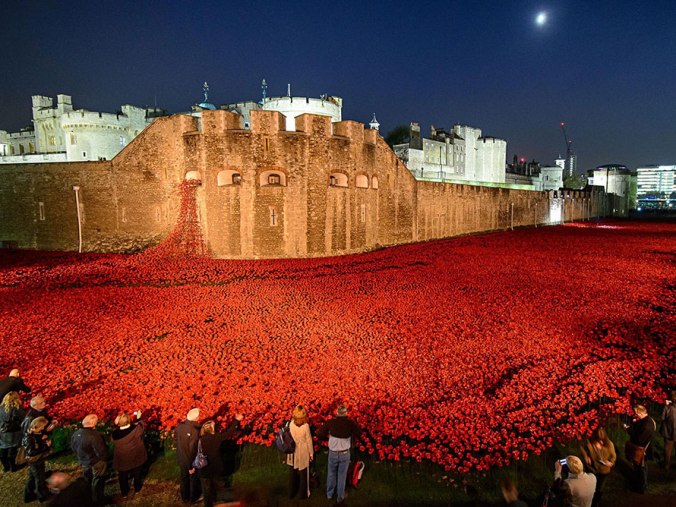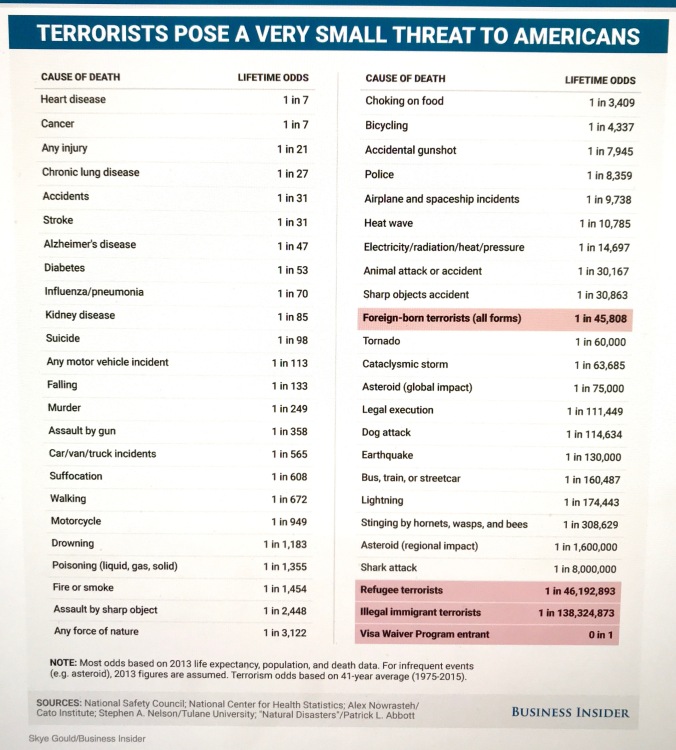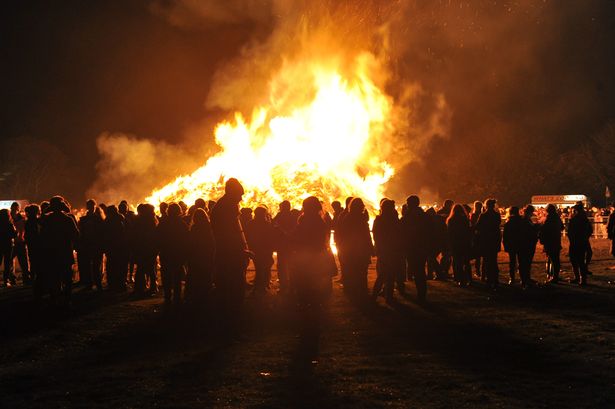THE SET UP
Where do I start? For anyone who’s gone through it, you understand. It’s tough. Insane. It’s a secret sisterhood. The injections, the drugs, the blood tests, the weight gain, the crazy hormones. We nod in a shared acknowledgment when we meet another who’s gone through the private, very painful, hell. Some need sensitivity to cope, others find humour helps, and often we’ll seek out new alternative avenues (homeopathy, religion, acupuncture, yams) to help reduce the stress and find solace on the path to fertility.
For those lucky women who haven’t endured this unexpected twist of fate (I have friends who get pregnant when their husband just looks at them. Grrr.), it’s quite hard to explain just how mentally, physically and emotionally exhausting IVF is for women (and by extension, their partners). It can break you. Or the marriage. And unfortunately, that sisterhood which bonds us ends up dividing us at the end of this challenge — those who successfully deliver a newborn baby, and those who don’t.
I got married “late” by society standards. I loved my job at ABCNews/Nightline and was in no hurry to do the marriage and family thing. I went off the pill just before we married at 36 years old. After 6 months and a doctor’s check up, I was told I had “hypothyroidism”- a condition which 30% of all women in their 30s have but most don’t know it. It contributes to a higher rate of miscarriages, so I started on levothyroxin (synthroid in the US) and we kept going.
By 37, after both my husband and I had a comprehensive battery of tests, it was determined that “on paper” I should be getting pregnant. Healthy, fit – perhaps somewhat stressed – but no alarm bells. My FSH levels (follicle stimulating hormones) were good, as were my levels of oestrogen and progesterone. We did IUI twice and nothing, so my doctor suggested we jump right to IVF as time was not on my side.
We went to a doctor said to be “the best” on the cover of Washingtonian magazine. A tall, handsome Chinese man with a calm and unpatronising demeanour, he explained to us the statistics that all IVF doctors look at. Charts and graphs showing your age going up and the viability of your eggs heading south — a huge drop off after 35 yrs old.

I felt a bit foolish – with all the news stories I had covered – knowing so little about something so fundamental. I didn’t know that even as a healthy 20-something, you have a one in four chance of getting pregnant at each try. So by their rule of thumb, if you do 4 rounds of IVF, you should get pregnant (25% chance each time). I started on a round of injections, drugs and doctor’s visits for blood tests.
In my head, I was “fixing” the problem. That’s the kind of person I am. A doer. Proactive. Don’t sit around and complain or worry, just get up and do something. But psychologically I had taken a blow. I could not comprehend that, from an evolutionary perspective, the one thing women are put on this earth to do, I couldn’t do. My animal instinct kicked in massively and I was devastated that I was somehow less – female – than everyone else. The insecurity planted firmly in my gut. I doubted my femininity. I wondered whether God or someone was telling me I couldn’t be a mother. But I pushed the doubts away. I can do this! One round and we’ll be fine, I told myself.
THE FIRST TRY (or WHAT JUST HAPPENED??)
I learned how to fill needles from the vials they gave us, do that doctor thing you see in movies and tap them to get all the air holes out, and then stick the needle sub-cutaneously (under the skin) into my lower belly or the upper bottom, switching locations to avoid bruising. The doctor told me the hormones I was injecting (to stimulate egg production) would make me bloated and perhaps irritable or weepy. I was determined not to let this affect my work or my routines so I would slip into the bathrooms at work to shoot myself up, so to speak.
At the appropriate time we went into the hospital for the operation (an anaesthetist puts you under for about 45 minutes), and later they told me I had produced 12 eggs. Yay! They fertilised them and then watched them as they started to grow. We went back a few days later to find 6-8 eggs looked very good but they decided to implant only the 2 best. Our hubris and optimism (stupidity?) was fatal in the end, as when they asked us if we wanted to freeze the other eggs we said no.
In the operating room for implantation, our lovely doctor had created a ‘safe space’ before there was such a word. Everyone, including my husband, was wearing surgical scrubs and masks to ensure we were in a germ-free environment. Surrounded by nurses soothingly holding my hand and stroking my forehead, we listened to lovely strains of Mozart piped in to overhead speakers.
At one end of the room the doctor opened a little sliding window and the embryologist handed off the two fertilised eggs that are attached to the end of a tiny catheter that is like a wet spaghetti noodle. The doctor is then supposed to put this into the uterus and the eggs should attach to the uterus wall and start to grow.

However, somewhere along the way in this process I suddenly realised the nurses had stopped cooing, they weren’t rubbing my hand nor even making eye contact. They’d moved away and were busying themselves in a nervous way. My husband looked lost and we could feel the tension in the room. Our doctor stood up stiffly, declaring resolutely “We’ve got a problem. I’ve dropped the eggs.”
I seriously could not comprehend what had just happened. I got up on my elbows (I was lying on my back with legs askew), looked over the edge of the operating table and said “Well, where are they? Can’t you just pick them up?” We were dumbfounded. The embryologist had shut the window quickly — it was like they had just exposed us to a lethal disease and wanted to get as far away as possible. They quickly wheeled me out and into the ‘recovery room’ where we waited for our doctor. He came in, visibly upset, pulled up a chair, grabbed a ballpoint pen, and without anything better to write on, he started furiously stabbing at his leg, scribbling drawings and diagrams on his scrubs, explaining that as the wet-noodle catheter went up my cervix, it got caught on a ridge in my cervix and the eggs dropped off.
I still didn’t fully understand. Won’t they just swim up the rest of the way? Can’t I do a head-stand and they will drop into my uterus? Couldn’t they just hang out and grow there? He said sperm, on their own, swim. But eggs don’t. They just drop. And they won’t grow in the cervix. He said in the thousands of times he had done this operation, and he stressed thousands, this had never, ever happened. He was horrified. He immediately said we can put in the frozen eggs to which we had to explain we told the embryologist to dispose of the extras. D’oh! He then said he’d pay for the next round. And use a hard-noodle catheter — less comfortable, but more sturdy to get over my nuisance of a cervix-ridge. As miserable as he was, I had lots of faith in him, and truth be told, when I thought about it later, he didn’t have to tell us he had ‘dropped’ the eggs. He could have “placed” them inside, and we would have been none the wiser.
But on the way home, what should have been a celebration, was a numb, silent drive where we sat there wondering what had just happened. All the build up over the weeks, the nerves, the emotions, the energy and excitement focused on this moment, sure that all would go fine, faded away and then we left with…nothing. It was very sobering, and the beginning of a long and crazy path.
IVF & THE IRAQI AMBASSADOR
After that first disastrous IVF, the rest of them became a blur.
For context, this was 2001-2003, right after 9/11 and we were about to go to war with Iraq. We were working long, stressful days at Nightline after that fateful September morning. Our office was assigning teams to be deployed to Kuwait and the Iraqi border in anticipation of war. We had to fill out paperwork with our blood type, just in case. My doctor said “Is there any way you could take a break from work? There is so much we scientists don’t know, but we do know that stress seems to play a big factor in getting pregnant.” I told him if he wanted to keep getting paid, I needed to keep my job. At the time, IVF was about $15,000-$20,000 a pop and the health policies/laws usually allowed for only 1 or 2 to be partially covered up to a certain age (which I believe was 40 at the time). After that, you were on your own.
On a trip up to NYC with my boss (male) on the Delta Shuttle from Washington, I remember being horrified as I realised I had my needles and vials in my backpack. I got to the counter early and explained to the agent that we had to go up to New York to talk with the Iraqi Ambassador at the Consulate and I’m in the middle of my cycle and I have to take my medicines, but I can’t let my Executive Producer see the needles, I’m just a Producer, it’d be so embarrassing and I can’t check my backpack, that would slow us down and I’d look like an fool. I was lucky the agent believed me. Plus this was still fairly recent post 9/11, and the strict rules were you couldn’t undo your seatbelt until 15 minutes after take off or 15 minutes before landing, and since the DC-NYC flight was half-hour, no one was moving.
Once in New York, we met with the Iraqis as they were, literally, packing up the Consulate. The US had ordered them to leave the country in a few days, ahead of the war that was imminent. I had to remember to not shake anyone’s hands during our introductions – their protocol dictates no physical contact with strange women – and I wore appropriate clothes, covering my knees, shoulders and hair, out of respect.
Amidst cardboard boxes, packing tape, and bubble wrap we sat in a beautiful room carpeted with intricate middle eastern rugs and spoke to the Ambassador about the ties we hoped to keep once war broke out. We stated our case for keeping our lines of communication open. His press people and our sources would be in demand. As we drank our tea out of a beautiful silver service, I interrupted: Ah, excuse me? Mr. Ambassador? Could you show me to the ladies room please?
One thing you might have guessed with IVF cycles is you are on a strict schedule and monthly calendar, and you had to inject the drugs at certain times of day in order for them to have maximum effectiveness. So there I was in the middle of the Iraqi Ambassador’s bathroom, shooting up, security cameras on me the whole time. I left the vials and needles in the trashcan and wondered whether they thought I was a drug addict rather than someone desperately trying to get pregnant.
COPING & BECOMING UNHINGED
As a journalist, humour gets you through the darker stories you have to cover and you compartmentalise and shelve emotions so I erred towards that as a coping mechanism. But I am not one who is good with keeping things bottled up. I needed to talk about it — with close friends and family, some co-workers. Not an emotional cry for sympathy. No, I just needed them to know what I was going through in order to give me the wide berth I required at times, or to understand why I might not be operating at 100%. I told my anchor and my executive producer in private and they were wonderful not only in respecting what I was going through, but in being genuinely curious about it. They were also shocked to find out that, in our private conversations, three other women in the office were going through it as well.
My doctor told me it’s important to take 2 months off in between IVF cycles to allow your body to recover from a month of intense hormonal injections, an operation, and post-op. Of course, I was impatient and sure I would ‘win’ on the next round. Looking back, I think successful career women in their 30s have a particularly difficult time with this because everything that has been thrown at them until now, they’ve been able to turn into gold. They are high-achieving, tenacious, ambitious, and successful perfectionists — in every aspect of their lives but one. How can this elude them?
In the blur of the next 3 rounds, here’s what I remember:
I started sticking the needles in intramuscularly (just stabbed it straight into my thigh or leg) as my belly and upper ass were getting very bruised and sore.
I remember being at a friend’s wedding and excusing myself while i pulled out my vials and needles and shot up in the Hay-Adams Hotel rooftop bathroom.
I gave away 4 tickets to a Bruce Springsteen concert because I feared standing and jumping around for 4 hours would increase the risk of the eggs falling out. (The doctors always tell you to go home and rest, put pillows under your bum, for the next several days. Didn’t that include “No Stadium Concerts”?).
I read somewhere that eating ginger makes you miscarry. I stopped eating ginger.
I read that eating yams will make you pregnant. I started eating yams and realised why I hadn’t before. I looked up recipes for yams to make them taste good and we had yams every night for a week. I think my husband was verging throwing up every time, but he didn’t say a word.

I cried on the floor of my bedroom, completely overwhelmed with it all, bruises on my ass, needles by my side.
I went to church and prayed. Oh, Lord, did I pray. I asked for one thing, just one, and I said I would never, ever ask for anything else. Ever. I reasoned with God that when I did pray, I usually asked for help with others (the usual family and friends, pets, then I’d broaden it out to people in suffering countries, war zones, poverty, etc. Strangely, I’d always include travellers and this list would start with planes and cars and trains. But then I’d think about boats and refugees, or trains in India, or busses in South America, so my “Let all travellers get home safely today” prayer was usually very long). But this one time, I was asking for something solely for myself. Just this once. I promised I would never do it again.
I remember with one cycle, eggs implanted and we were on the way home from the hospital, the sun was shining, my legs up on the dashboard, with the seat rolled down to almost horizontal. My husband and I are at a stop light, and he turns to me and says “Perhaps we should have a cigarette? We sorta just had sex, right?” His sense of humour kept me sane through this whole process. There is absolutely no way I could have gotten through it without him. He was supportive, unwavering, caring, tender, and very funny. But we’ve talked since then about how medical and unromantic it was. Men tend to be fixers. This process must be extremely difficult for them too. Anyway, he was my rock. We laughed the rest of the way home with the pillow under my bum and my feet against the windshield.

My op and post-op demeanour was something to behold, apparently. I’d try to talk with the doctor and nurses during the operations, pretending we had just run into each other at Starbuck’s. How are you? I would slur. Busy day? What’s your middle name? Reginald is a fabulous name!
Post-op, I was loopy but convinced I was absolutely fine. One time, I remember arguing in between giggle fits with my husband in the parking lot, convinced I was fine to drive us home (I’m fine. Of course I’m fine. FINE! I’m fine.). I sooo wasn’t fine. And he drove.
Another time, we had gotten home and I went to bed but had a call from a 4-Star General talking to me about an interview. I had been trying to get him forever and this was a coup. I had a long, completely coherent conversation with him, hung up, and flopped back on the bed asleep. Later, i couldn’t remember anything we discussed.
THE END GAME
At some point along the way, we had to face the reality and I needed to categorise and separate the emotions with the outcome. I had to think logically. Talking to my husband I said “What is our final goal here? At the end of this long journey, what is the brass ring?We want to be parents, right? We want to be parents of one or more children and raise them in a loving family.” With that as our end goal, I then worked backwards as to how to get there. And looking at it that way, there were many options.
Yes, there were biological urges to be able to have a baby that genetically came from both of us, but if that avenue was exhausted there were others we could try. There was egg donation; surrogate mothers to carry the embryos; we could pursue adoption. But initially, we absolutely wanted to try for our own child.
By the fourth attempt (5th try, after that disastrous first one which I don’t count), we’d been at it for nearly 18 months. I was reaching my breaking point. I remember thinking, “This is it. I’m not sure I can carry on.” I felt like a bloated pin cushion and the months of trying were wearing on me. There’s only so much rejection one can take.
Whether it was the yams or the praying, or both, something worked. In the past, I’d had a few false positives only to be told the pregnancy numbers weren’t high enough and I would miscarry in the next week or so. This time my numbers were triple what they should be. I was very pregnant.
After all that effort, focus, time, energy, money, and stress, with just one short phone call from the doctor’s office, the news can be heartbreaking in sadness or heart bursting with happiness. I will never, ever forget that day and the tears of joy that completely caught me off guard. We went on to try another 4 times after our little girl arrived, but it wasn’t meant to be. Remember, I promised not to ask for anything else. While in South Africa, I nearly died with complications at 18 weeks pregnant. That was long ago now, and we’ve got a typical teen – eye rolling, heavy sighs, attitude – who just this morning asked me to help quiz her on her Latin exam. She has no idea what her parents went through to bring her into the world. Kids these days, right?

 I know what you are thinking. Yes, the pizzas are that good.
I know what you are thinking. Yes, the pizzas are that good.